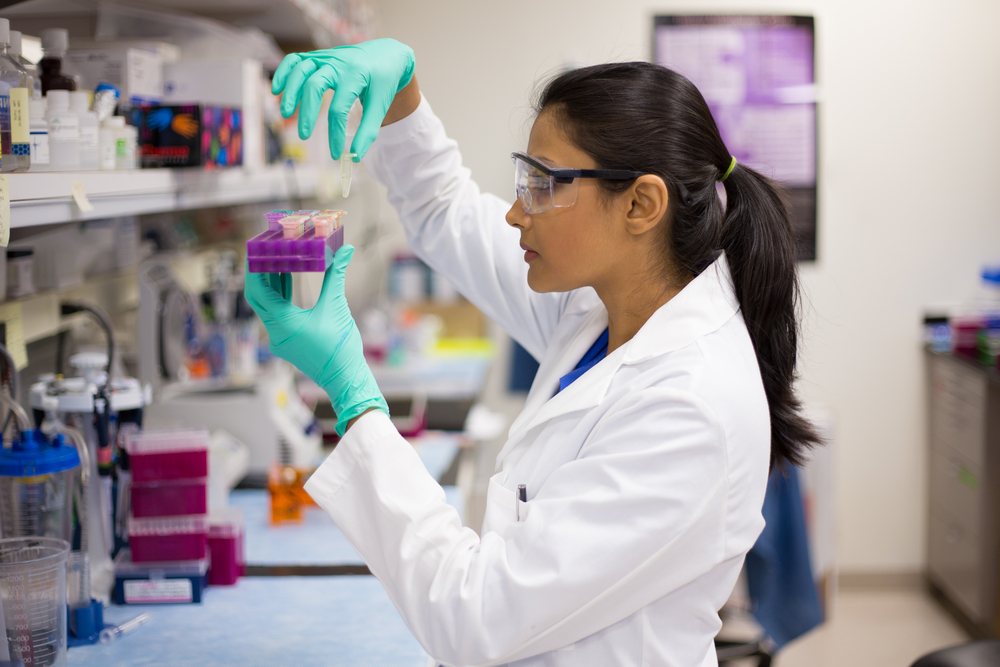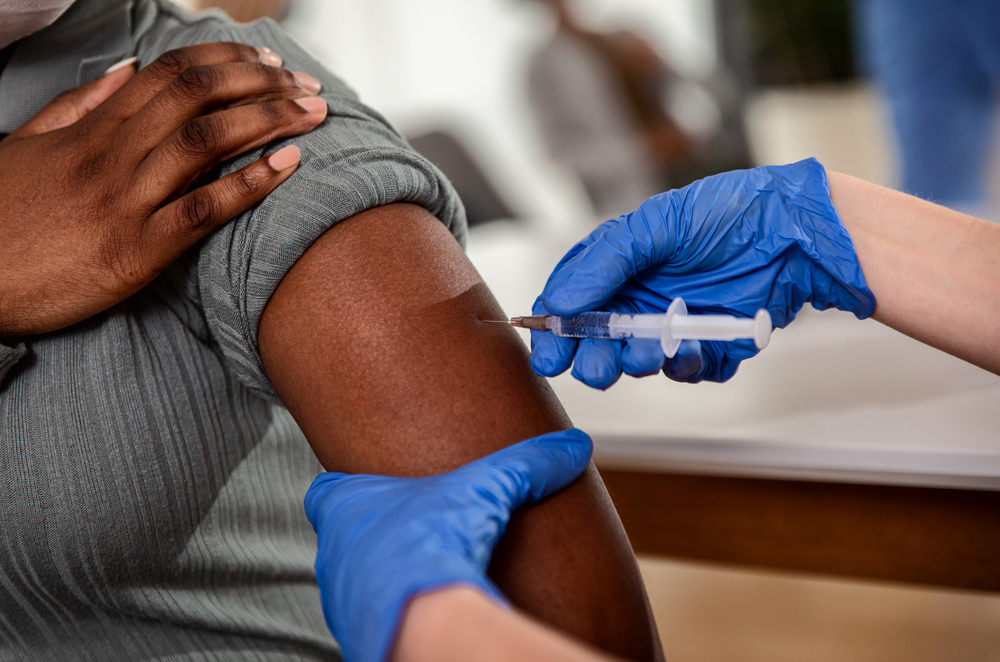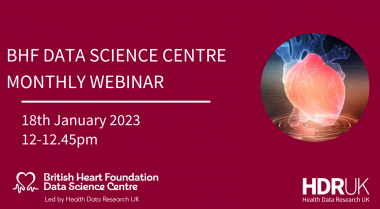The RECOVERY Trial: Findings so far
31 March 2021
The RECOVERY Trial has been set up in record time to test drugs against COVID-19 and findings thus far have informed policy and saved lives.

Health data researchers working on the The RECOVERY Trial have saved hundreds of thousands of lives by identifying which treatments are effective for hospitalised COVID-19 patients. They have provided clinicians, healthcare providers and policymakers with essential information for responding to the pandemic. Among those at the forefront of the initiative is Martin Landray, Professor of Medicine and Epidemiology at the University of Oxford and HDR UK’s Science Priority Lead for Clinical Trials.
Challenge
In early March 2020 Prof. Landray says scientists recognised that COVID-19 would hit the UK “like a tsunami”. Little was known about the disease, there were no effective treatments and around one in four patients admitted to hospital died. The immediate challenge was to find which treatments reduced mortality and shortened hospital stays.
Solution
The national RECOVERY trial process was set up in just nine days to carry out fast, high-quality, large-scale randomised trials on treatments for the most seriously ill patients. The trials themselves took weeks rather than the usual months or years. Around 10% of COVID-19 patients in hospital have volunteered to take part. Follow-ups will take place after six months, one year and 10 years – of growing significance with the emergence of Long Covid.
The excellence of the NHS in routinely gathering large amounts of patient data was critical.
Learnings
One of the most important early results was that dexamethasone, a low-cost and widely available drug, reduced death rates (NEJM, February, 2021). But other drugs being used, such as Lopinavir (Lancet, October 2020), Hydroxychloroquine (NEJM, November 2020) and Azithromycin (Lancet, February 2021) proved no more effective than standard care. Papers are forthcoming on Convalescent Plasma and Tocilizumab.
Impact and outcomes
Dexamethasone was the first drug shown to be effective against COVID-19. Within hours of The RECOVERY Trial team announcing their findings, on 16 June 2020, England’s Chief Medical Officer had recommended its use across the NHS. It’s use was soon worldwide.
Prof. Landray believes the impact of the studies has been immense. Many findings have contradicted the expectations of substantial sections of the medical and scientific community – underlining the value of large-scale randomised tests in providing a clear evidence base.
More widely Prof. Landray says the initiative has shown that large-scale randomised testing can be straightforward, cost-effective, fast and should be applied to many other areas of medicine.
Further information:
Aims and priorities
The trials contribute to the HDR UK objectives of:
- Improving evaluation of safe, effective, affordable treatments
- Developing and applying advanced health data science to address major health challenges
- Earning public trust by engaging and involving people in all aspects of our research.
They also fit HDR UK’s research priorities for:
- Clinical trials
- Better care
The RECOVERY Trial
The University of Oxford-based RECOVERY Trial is supported by grants from organisations, including HDR UK.



